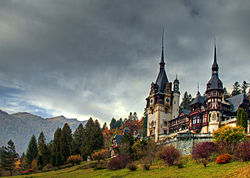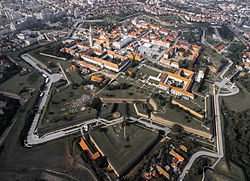This article needs additional citations for verification .(April 2018) |
This is a list of castles and fortresses declared historic monuments by Romania's Ministry of Culture. [1]
This article needs additional citations for verification .(April 2018) |
This is a list of castles and fortresses declared historic monuments by Romania's Ministry of Culture. [1]




























